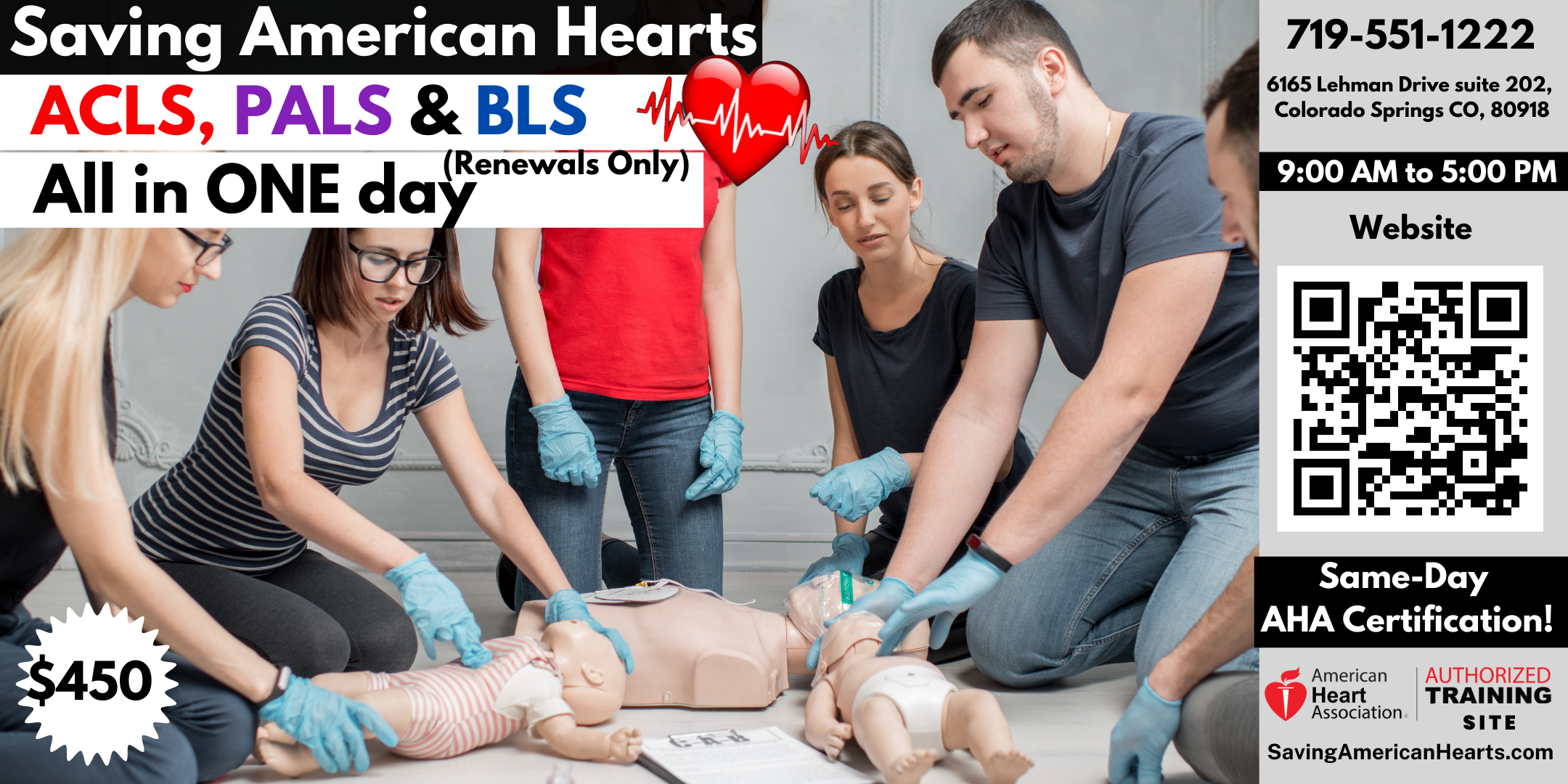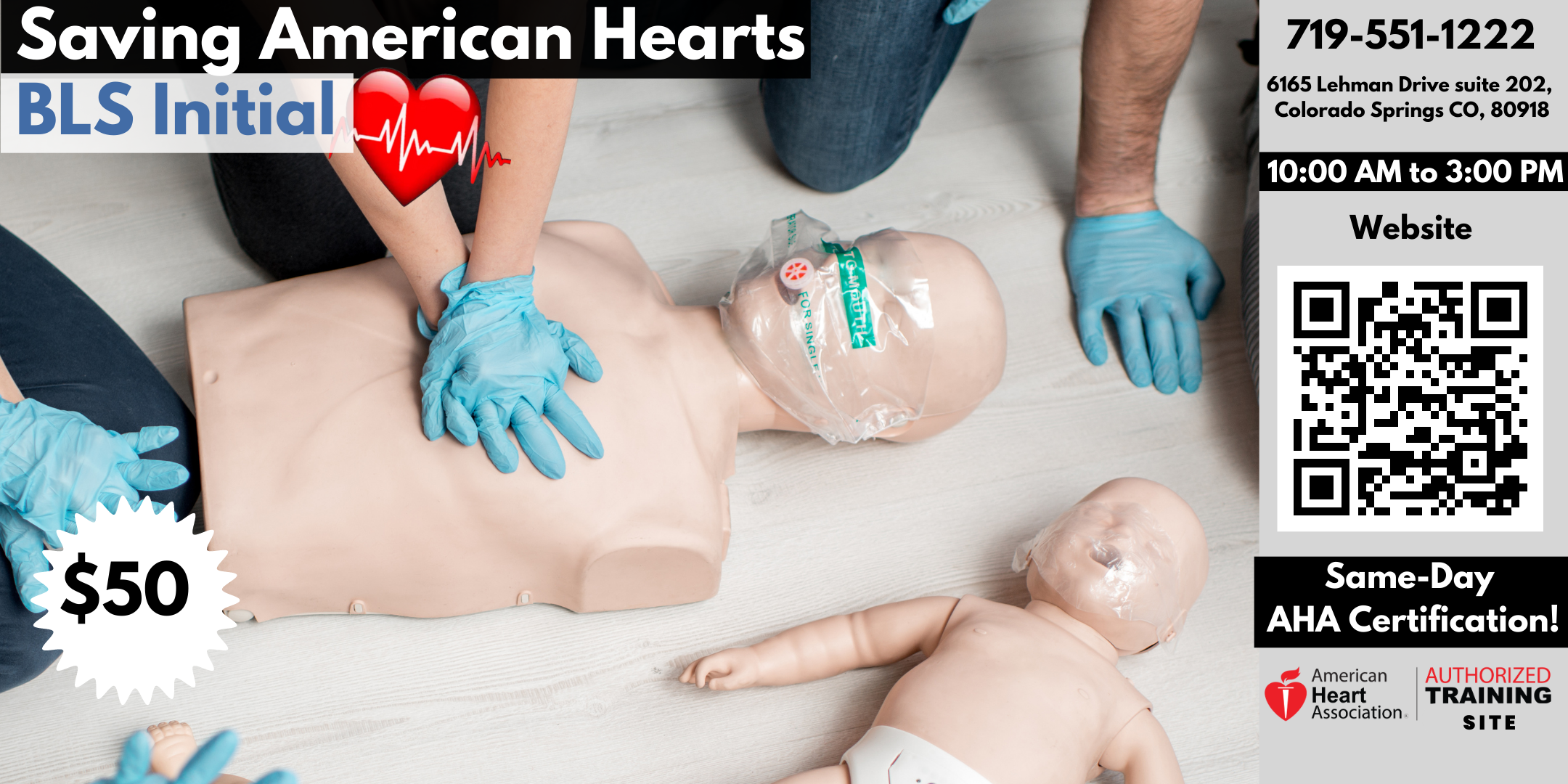Posted by By Judy D.J. Ellich June 9, 2023 on Jun 23rd 2023
CPR knowledge: Learning how to save a life like a 17-year-old did at Pine Grill
CPR knowledge: Learning how to save a life like a 17-year-old did at Pine Grill
Two days after 17-year-old Landon Strelko was certified through the Somerset County Technology Center CPR training, he needed to use it.
He rose to the occasion and did just that and saved a life.
On a Sunday in April when the Pine Grill Restaurant at 800 North Center Ave. in Somerset was bustling with a normal Sunday crowd, a patron slumped to the side where he sat in a booth waiting to order his food.
The man was unresponsive and exhibited signs of cardiac arrest.
His server, Kim Gardiner, of Somerset, realized the emergency and called 911. The other staff members, including Melissa Friedline, of Acosta, worked together "as a community" to clear a space, keeping other patrons from panicking and helping to place the man on the floor. Strelko, who was working at the restaurant, performed chest compressions on the man until emergency medical professionals arrived in an ambulance.
"The boy brought him back once and then the paramedics did it again," said Pine Grill co-owner Mark Miller, who has owned the restaurant with his wife, Pam, for more than three decades.
He called the event "a wake-up call."
More than 350,000 people in the U.S. suffer from cardiac arrest outside of the hospital each year, and the survival rate actually doubles or even triples if a bystander administers CPR, according to the American Heart Association.
Miller reached out to other responsive community business leaders. The group met and began planning ways to raise money to pay for Automated External Defibrillators, or AEDs, to be placed in their establishments and schedule CPR training for their workers and even themselves.
Miller then ordered an AED for his restaurant, in case another customer or staff member experienced sudden cardiac arrest. It's a sophisticated, yet easy-to-use, medical device that can analyze the heart's rhythm and, if necessary, deliver an electrical shock, or defibrillation, to help the heart re-establish an effective rhythm.
Once the equipment arrives, which will be soon, Miller plans to get himself and his staff trained on when and how to use it.
The ball started to roll.
In Somerset County, community leaders have already begun taking action. The Pine Grill owners partnered with UPMC Somerset and the Somerset Area Ambulance Association to offer a free Minutes Matter training event last Saturday in the Somerset ambulance service's main branch along Wood Duck Road.
UPMC launched Minutes Matter to provide community members access to basic emergency information and education about life-saving interventions.
"A great, potential life-saving event," said Sarah Deist, Somerset UPMC spokeswoman. She attended the event and enjoyed answering questions from those who attended.
The event not only offered Hands-Only CPR training, but also Narcan training and distribution by UPMC Western Behavioral Health at Twin Lakes and the Somerset Single County Authority, Stop the Bleeding training, information about mental health, use of AED training and general information about UPMC Somerset.
"I always wanted to learn CPR," said long-time Somerset resident Mary Ann Smith, who attended the event with Nancy Walker, also of Somerset. Walker said she was at the event "to learn them all (life-saving interventions)."
For those behind the tables piled with information and demonstrable equipment, the overall sentiment was that it was worthwhile to be there to talk with the people walking through with many questions.
Katrina Spinelli and Shelby Mulvehill with UPMC discussed ways to help others with mental health issues with Gardiner and Friedline, who attended the event. Both women were shaken by their experience at the Pike Grill and attended the event to "be more prepared," as Gardiner said. They both took CPR training.
The song with the right beat
In case you are wondering how often you should compress the chest, think about singing the Bee Gees' "Stayin' Alive," the perfect song for hitting the 100-to-120 beats per minute required for ideal chest compressions.
Although "Stayin' Alive" is always at the top of the list for songs to be used when performing CPR, others include a mix and match of new and older tunes, such as:
- "The Man" by Taylor Swift
- "Just Dance," by Lady Gaga, Colby O'Donis
- "Something Just Like This," by The Chainsmokers, Coldplay
- "Rumour Has It" by Adele
- "Sorry" by Justin Bieber
- "Baby Shark" by Pinkfong
- "Sweet Home Alabama" by Lynyrd Skynyrd
- "Girls Just Want to Have Fun" by Cyndi Lauper
- "Crazy in Love" by Beyonce, Jay Z
What not to do
Amongst the most common mistakes committed when performing CPR is not giving deep enough compressions, as well as, giving too slow or fast compressions.
Many people, even healthcare professionals, fail in the process because they either don't push fast or deep enough," Jordan.
Hands-Only CPR is being emphasized. Someone performing the act must push hard and fast in the center of the chest to the beat of one of the above tunes, which will help keep the rhythm at the needed compressions.
According to Somerset Area Ambulance Association Director, John Jordan, CPR is something everybody should know.
"Years ago, people still died. CPR was a thing. And it wasn't as effective," he said. We measured that and found areas of opportunity. And one thing that jumped out at that time is CPR saves lives."
How to perform CPR has changed. At one time the patient was placed face down," said Carl Tillotson, a paramedic with Somerset ambulance, who was providing the training. He has been doing so for about 50 years, he said.
"The ability to get you hands on a chest and compressing hard enough to help get blood through the body and get the blood flowing to the brain is extremely important, "Jordan said.
People often are afraid to push too hard. They are afraid they may break bones, he said.
"You are going to break bones. All the ribs are technically connected to your sternum. So you are not snapping bones in half, but you are popping the cartilage off and people do that all the time," Jordan said.
One needs to push hard enough to try to touch the ground through the chest, because the ribs are there protecting all the vital organs and are giving resistance, so people need to push hard and push fast, he said.
He and his crew see value in providing CPR training to the public. They even become creative, he said.
About two or three years ago, a 73-year-old man went into cardiac arrest. He lived in the rural segment of Somerset County with his wife. She called 911 and they stayed on the line and talked her through using CPR. Because of the location the emergency medical providers could not get there for about 40 minutes. She told the 911 dispatcher that she was getting tired and asked the dispatcher to call her neighbor to come help. That was done. The neighbor came and called another neighbor and then another neighbor to take turns. The ambulance arrived. The man lived.
Recognition given
The Somerset County Board of Commissioners commended Strelko for "acting courageously and swiftly to offer lifesaving aid."
The son of Todd and Renee Strelko, of Friedens, was a senior at Somerset High School and Somerset County Technology Center in the Electrical Occupations Program when he saved a life.
In a resolution, the commissioners wrote: "... many people feel helpless to act during an emergency because they do not know how to administer CPR or they are afraid of hurting the victim, we want to recognize heroes that have stepped in to save a life."
The resolution reads that Strelko's action "provides an example to all young residents of Somerset County.
"... Landon's quick response, recognition of the severity of the medical emergency, immediate action, and effective initial treatment resulted directly in saving the life of the victim and a failure to act or delay could have led to a tragic outcome," the commissioners wrote.


 Saving American Hearts, Inc Education
events in Colorado
official Colorado vacation information
Saving American Hearts, Inc Education
events in Colorado
official Colorado vacation information